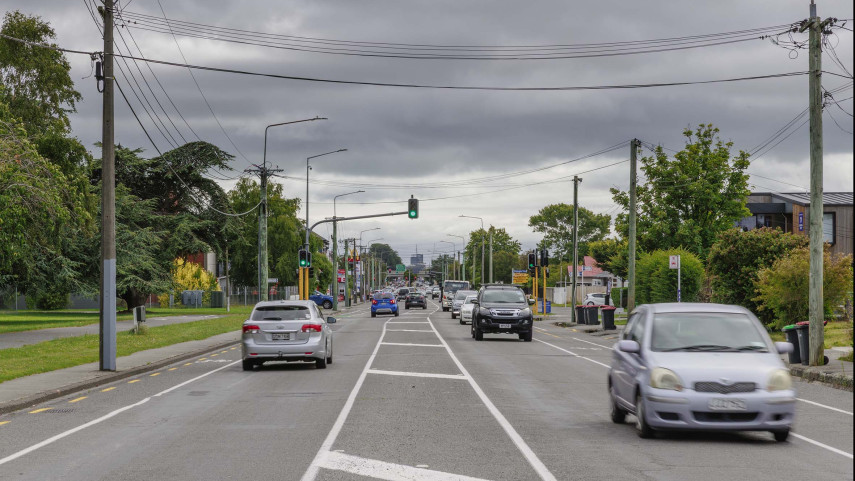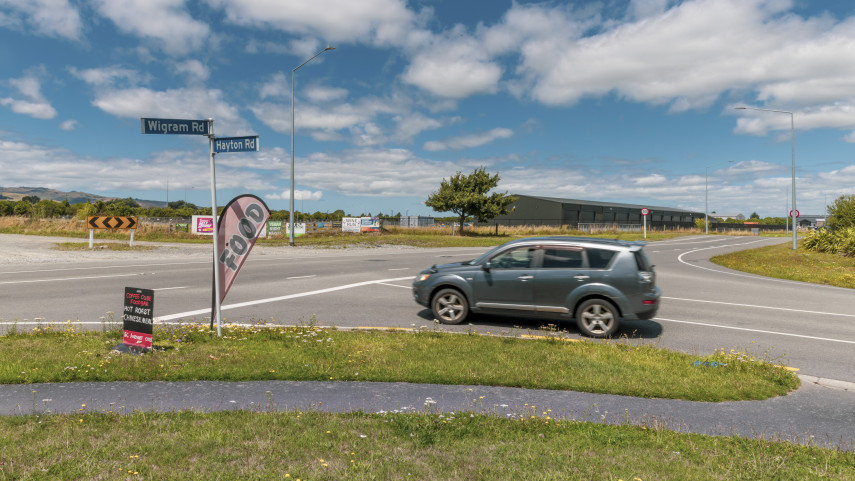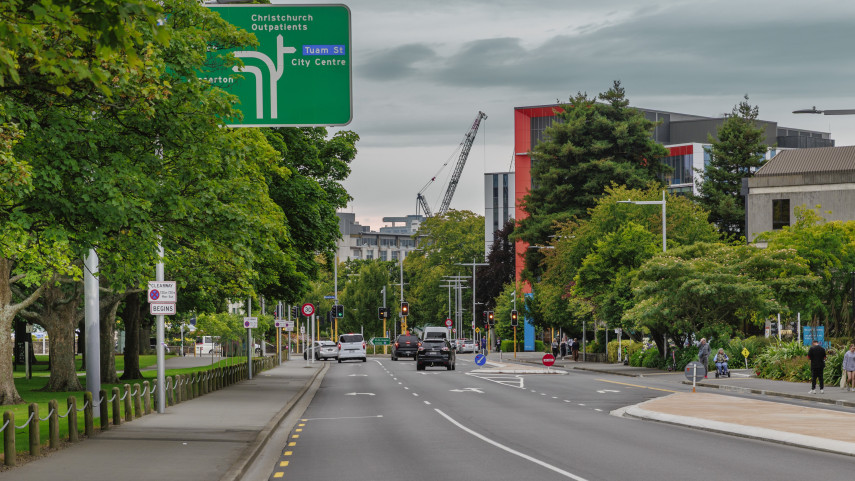Restricted drivers are seven times more likely to be involved in a fatal or serious injury crash than other drivers.
A restricted driver is at the greatest risk of having a crash in the first six months of driving solo than at any other time.
Between 2019 and 2023 in Christchurch city there were 13 fatal and 131 serious injury crashes where drivers aged 16 to 24 years of age were at fault or partial fault. Of these crashes, 20% were on their learner's licence and 29% were on their restricted licence.
This increased risk is partly due to driving inexperience, and can have more than one contributing factor, such as speed and drink driving.
Factors that lead to crashes
Here are some common factors that caused crashes between 2019 and 2023 where youth drivers were at fault:
- 40% of crashes included alcohol.
- 36% involved poor observation.
- 32% involved speed.
- 30% involved failing to give way or stop.
- 29% were caused by the driver losing control.
- 29% were caused when the driver was crossing or turning.
What you can do
Driving is a handy skill to have, it puts you in control of your own safety. The thing is, you need to earn your car driver licence first – and that means learning all the skills. Check out the DRIVE(external link) website to see how to get your licence. Drivers must drive within all of the conditions listed on their drivers licence, and drive according to New Zealand's traffic laws. Failure to do this will incur penalties such as fines and demerit points. You could even have your licence suspended, or be disqualified from driving. More information can be found on New Zealand Transport Agency Waka Kotahi(external link). The breath alcohol limit for drivers aged 20 years and over is 250mcg. The blood alcohol limit is 50mg (or 0.05 grams). Drivers who test between 251 and 400mcg of breath face infringement fees and demerit points. Drivers who accumulate 100 or more demerit points from driving offences within two years will receive a three-month driver licence suspension. Drivers who are over 400mcg of alcohol per litre of breath, or 80mg of alcohol per 100ml of blood, continue to face criminal sanctions. There is a zero alcohol limit for drivers under the age of 20. Be careful that you don’t drive the morning after a big night out as you could potentially still have alcohol in your system. No one wants to plan the perfect night out, only to have it turn into a complete nightmare – but in so many cases, when alcohol is involved, that’s exactly what happens. Here are some tips to help you plan a fun and safe night out with your mates if alcohol is involved. There are a lot of upsides to being a sober driver. There’s no hangover, you save money, you get to laugh at your mates making idiots of themselves and everybody loves you for taking care of them and getting them home. Doesn’t sound too bad, does it? If your friend was meant to sober drive but has been drinking, it’s best to take the keys off them and organise an alternative way home for you and your mates. It’s not easy to stop a friend from driving, especially if others are encouraging it, but don’t be afraid to speak up and look after your friends. Remember: If you stop a drink driver, you're a legend. Taxis can be expensive so make sure you check out what buses travel near your house and ask your parents, or your friends’ parents, if it’s OK to call on them if your plans fail. They would much rather you call them in an emergency than risk your life with a drunk driver. BAC is a measure of the amount of alcohol in your body. It is measured in grams of alcohol per 100ml of blood. BAC reduces by approximately 0.015 each hour after drinking has stopped. Some of the factors affecting BAC are: The effect of alcohol on your body and your mates will vary, so it is important for your safety and others not to try and match each other drink for drink. Females are generally affected more by lower levels of alcohol. Information and a guide on New Zealand guide to standard drinks(external link). The programme is presented as a contemporary stage performance to raise awareness among students of the importance of making safe choices as drivers or passengers when driving. The programme is funded by the Council and the New Zealand Transport Agency Waka Kotahi and toured annually by the Court Theatre in the greater Christchurch area. Each year, a new theme is developed in collaboration with the Council and Police based on some of the key risk factors affecting young drivers in the Canterbury region. These include distractions, failing to give way or stop, alcohol, poor judgement, speed and using seat belts.
Planning for a night out
Plan
Tips
Being a sober driver
Blood Alcohol Concentration (BAC)
 Crash Bash is an educational road safety programme for secondary school students in years 10 to 13.
Crash Bash is an educational road safety programme for secondary school students in years 10 to 13.
Related news

Transport and water upgrades planned for Lincoln Road
A major upgrade to Lincoln Road starts in April, installing peak hour bus lanes and improving water and wastewater services.
12 Feb 2026
Upgrade for busy intersection in city’s south-west
New traffic signals at the intersection of Wigram and Hayton roads will help meet the needs of a growing community and new facilities in the area.
9 Feb 2026
Feedback sought on clearway trial
Christchurch City Council is asking for feedback on the clearway being trialled on Hagley Avenue.
30 Jan 2026